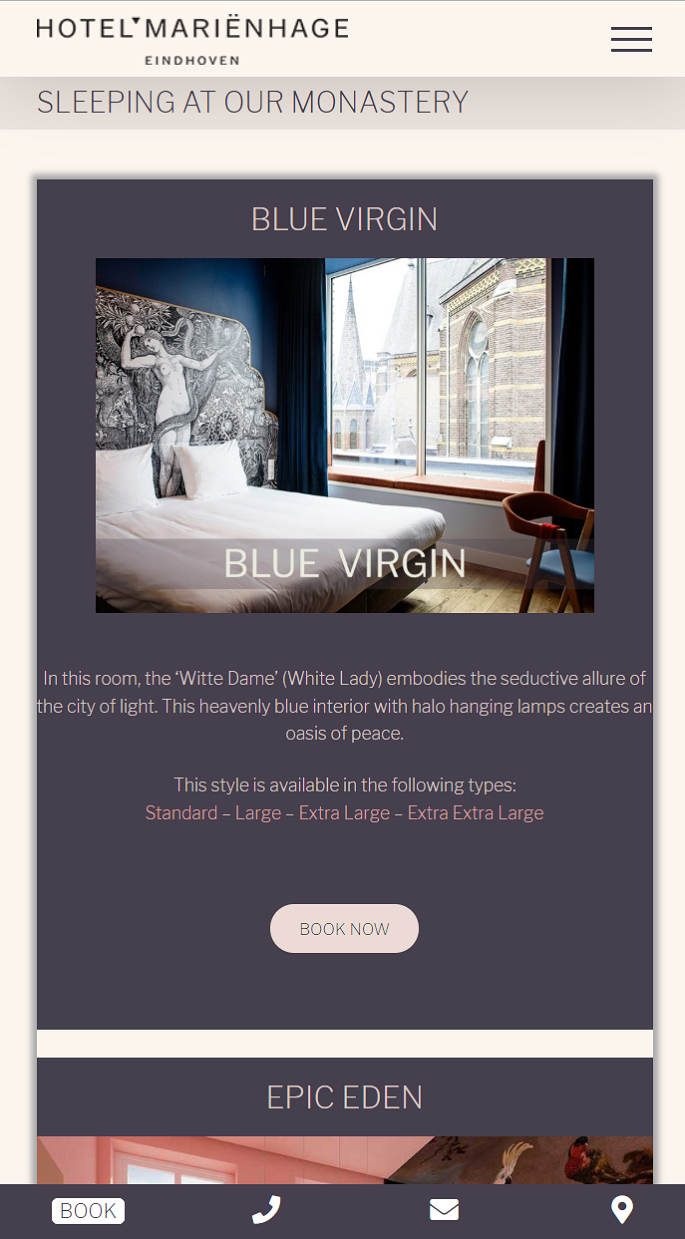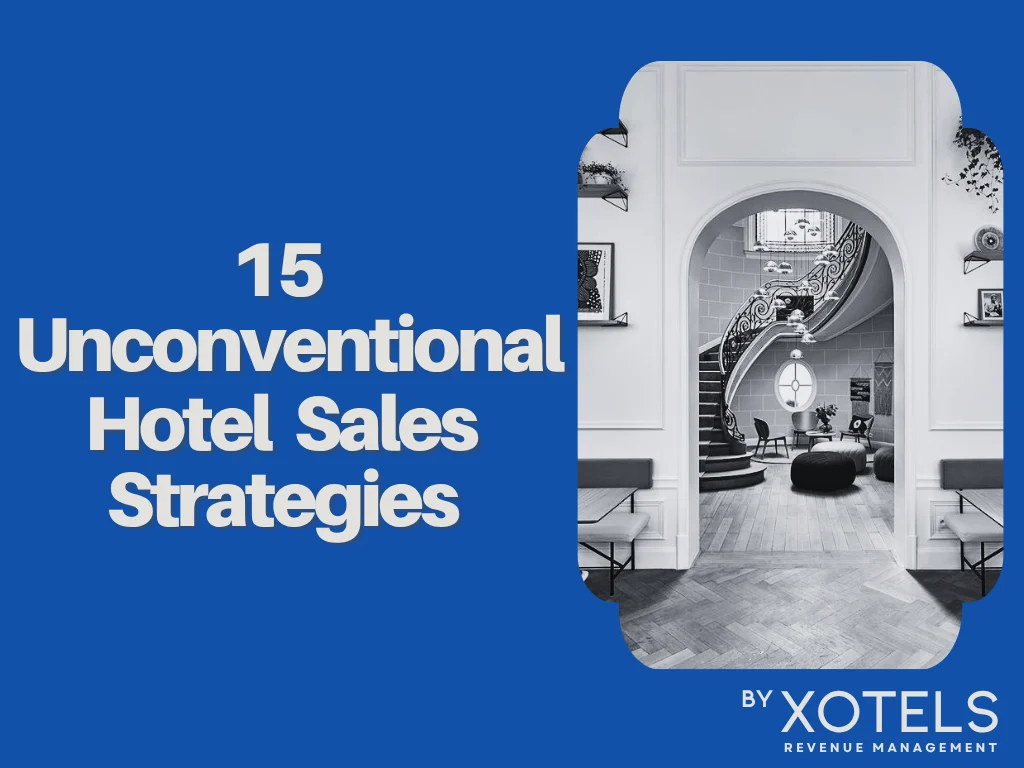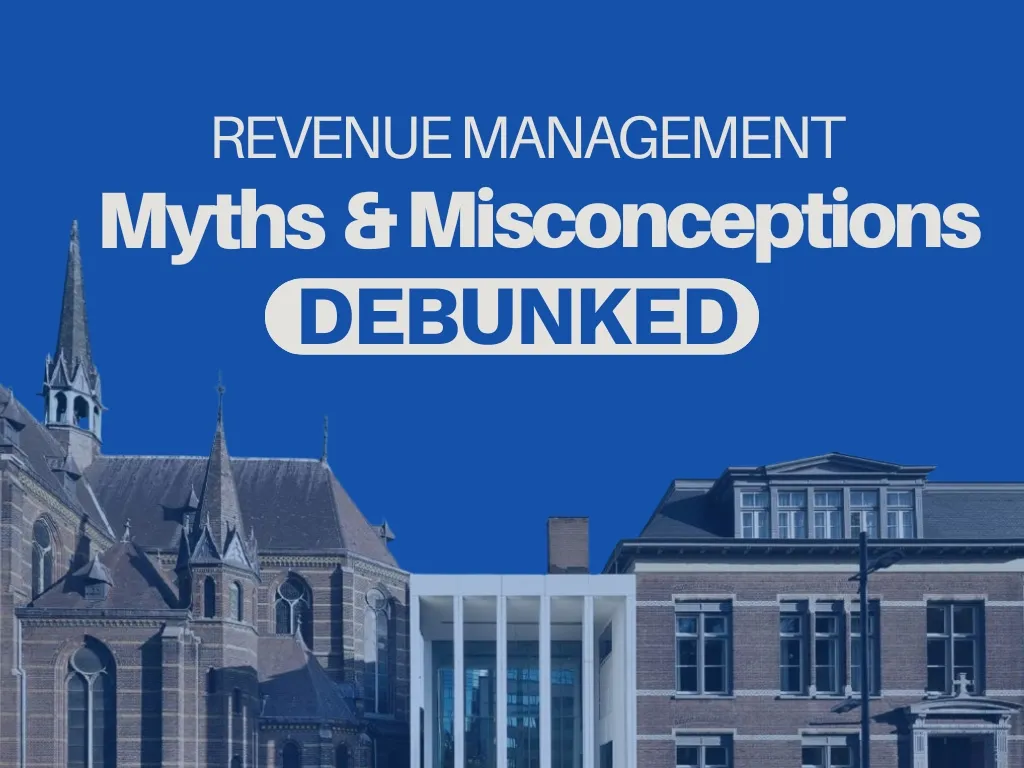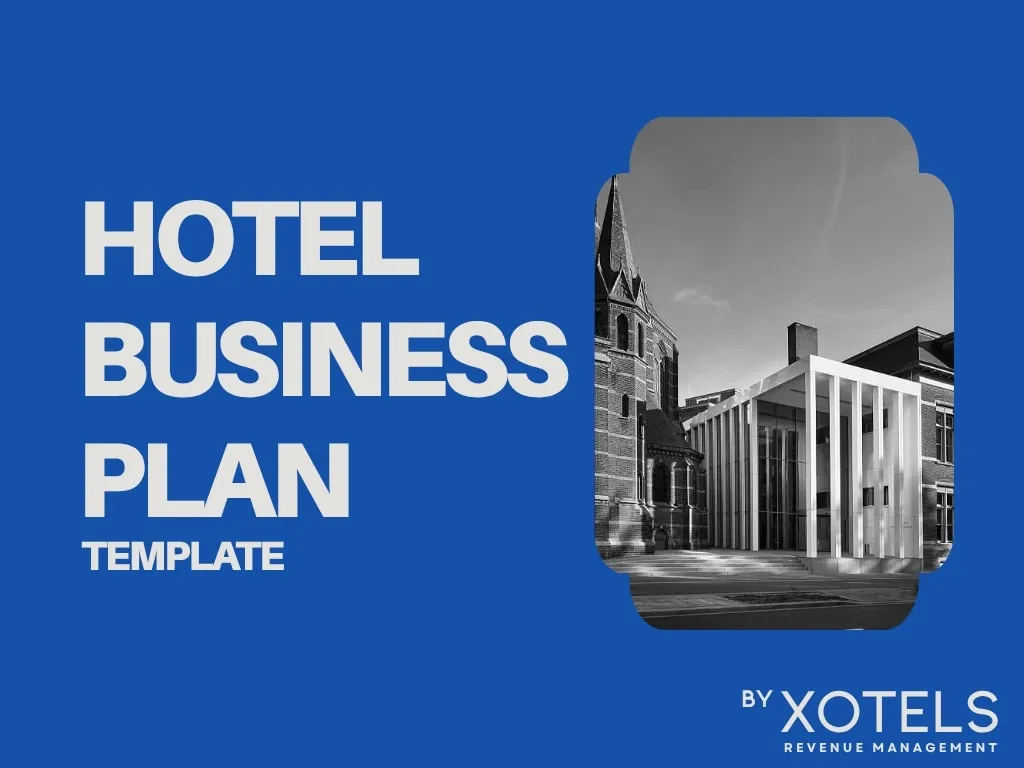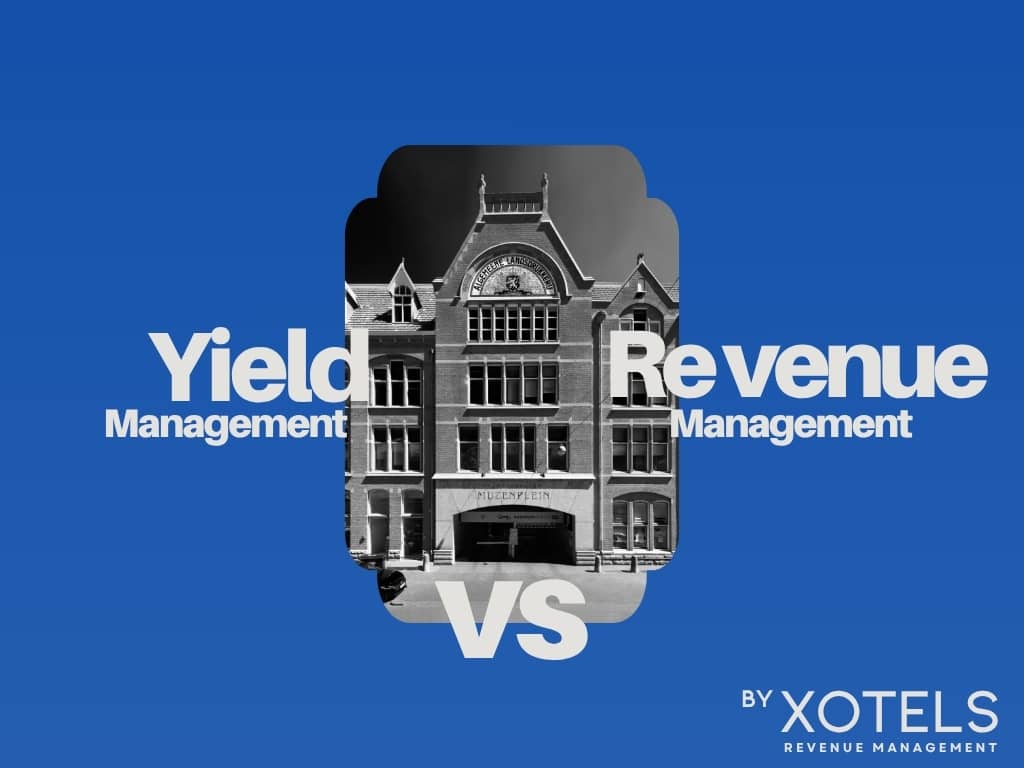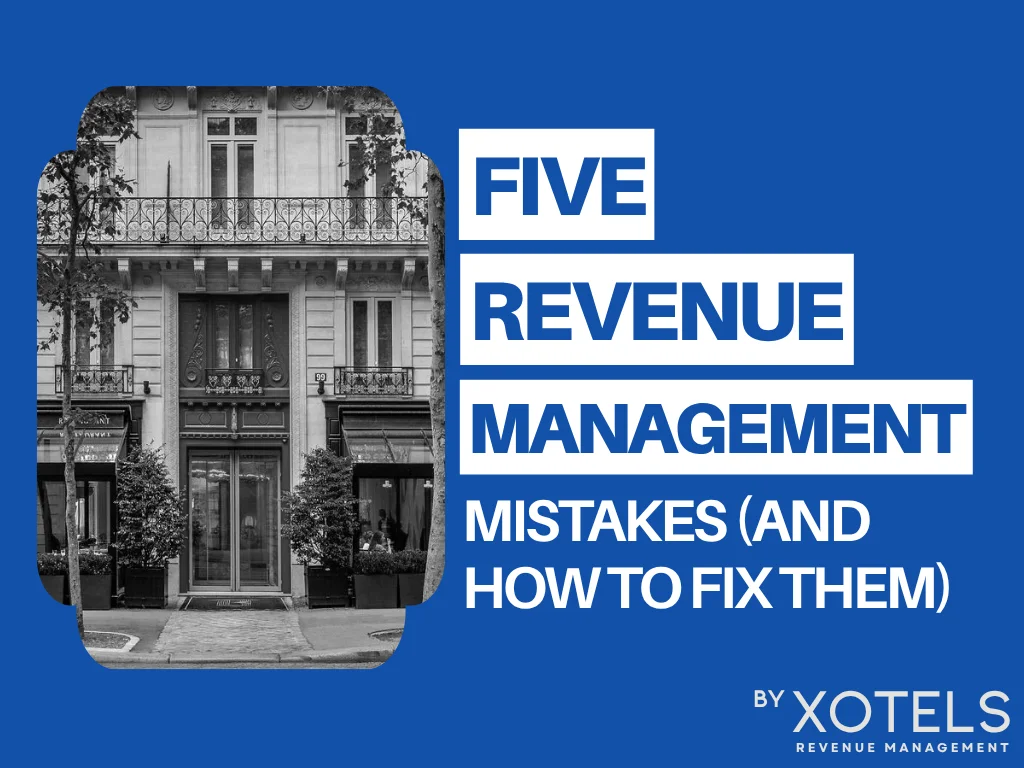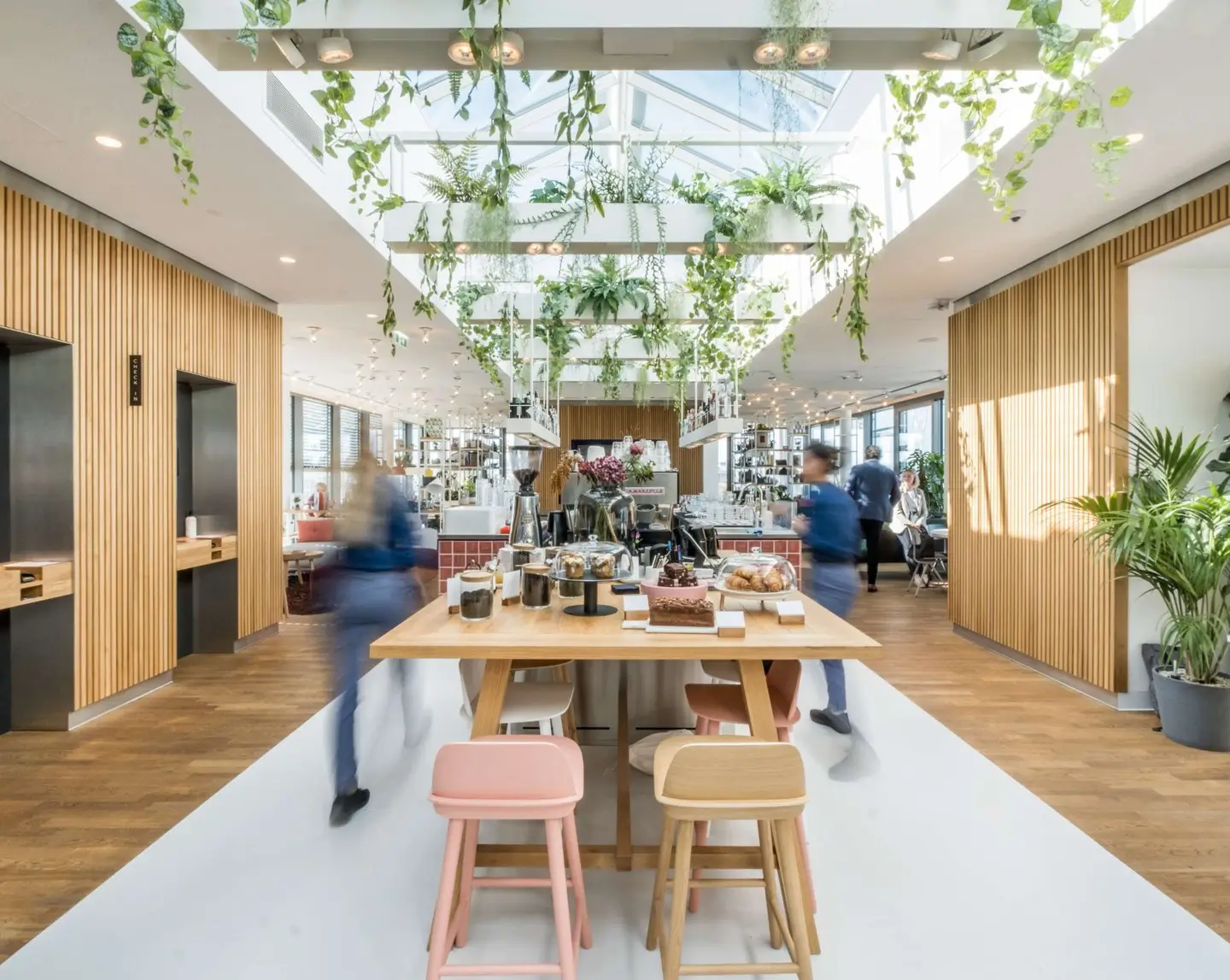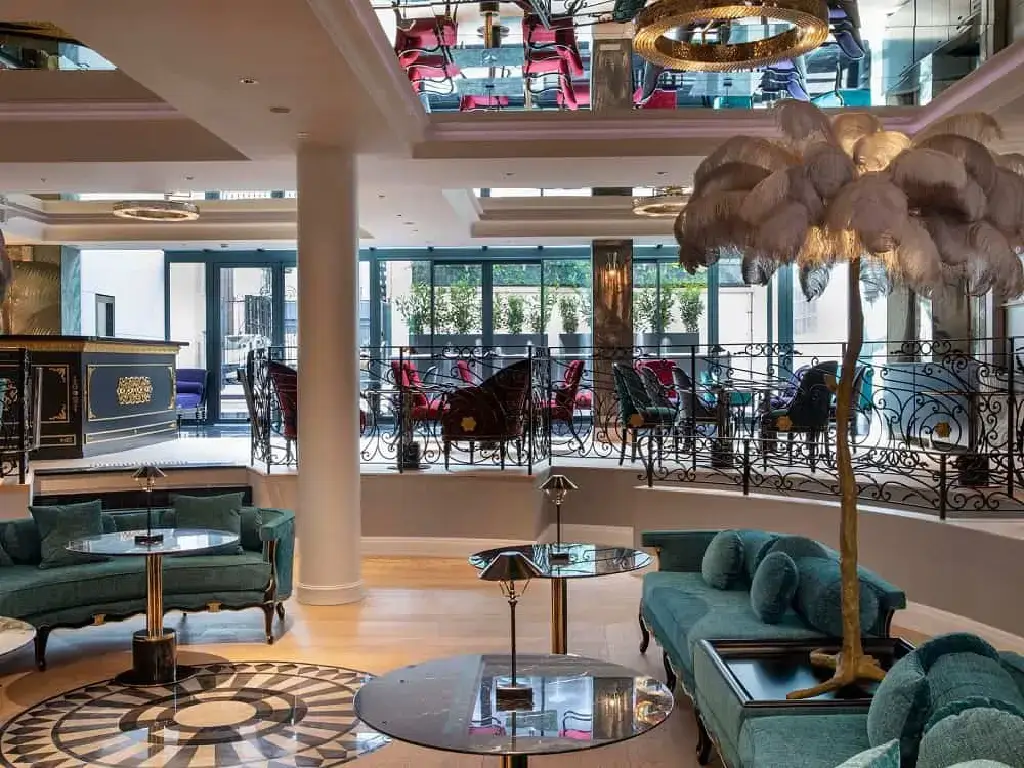How to Achieve 50% Direct Sales for Your Hotel (or more …)
A recent study by Walker predicts that the customer experience (CX) will overtake price and value as the most important unique selling proposition (USP) for customers by 2020. For hotels, it is therefore essential to focus on providing an exceptional guest experience. Read on to discover how you can improve your guest experience and increase hotel direct sales by 50% as a result.
Becoming a guest experience-centric hotel
The guest experience includes all customer touchpoints with your hotel. They include the following areas.
1. Online interaction
Touchpoints during this period are driven by online search engine exposure to your hotel. This typically comes from meta searches, online travel agencies (OTAs), tourist guides and travel blogs, Destination Marketing Organization (DMO) blogs, and, of course, social media. It can be in the form of organic or paid marketing.
2. Your official website
Your website is the digital representation of your hotel. Therefore, a user and mobile-friendly site is a prerequisite, complete with a fast, secure and easy-to-use booking feature. Making contact easy should also be a priority. This can be in the form of an instant chat function (or even a ChatBot) on your website, phone numbers, email, and the booking process should be seamless and straightforward.
3. Guest-hotel communication
Optimization of all guest-hotel communication touchpoints goes a long way towards enhancing your guest’s experience. This includes pre and post-stay email correspondence, for instance, to personalize your guest’s stay or field specific requests – and post-stay communication, such as a thank you note or a loyalty discount offer for a repeat booking in future. In-person or over-the-phone communication should, of course, be guest-centric, highlighting the importance of courteousness, warmth, and seeking to always help the guest where possible.
How to evaluate the guest experience performance
There are some techniques to measure how well (or how poorly) you are performing on your guest experience.
- Direct channel conversion: from your online booking engine, chat functions, email, and phone.
- Quantity of reviews and guest review score, looking out for particular feedback with regard to their overall experience (ie. how you made them feel during their stay at your hotel).
A superior guest experience is proven to result in greater brand loyalty. Increased loyalty results in higher sales. And like a snowball effect, more loyal customers are more likely to provide the most effective form of marketing – word-of-mouth – which can come in the form of recommending your hotel to friends, family, and colleagues, or leaving a review online on OTAs, Google, and social media pages like Facebook. Therefore, a positive guest experience can incrementally boost direct sales and result in higher average daily rate (ADR).
Unleashing the power of Multichannel Digital Marketing Campaigns to drive direct sales
The key to increasing direct sales is to create your sales funnel so your target customer visits your official website at some point or other during the booking stage. Fluid, direct CX is therefore indispensable. To drive traffic to your website, there are three main techniques to focus on:
- Compete directly with OTAs on their advertising channels of choice (such as social media paid campaigns and pay-per-click search engine advertising (PPC) with the aim of generating a higher ROI than commissions paid to OTAs.
- Maximize your advertising across all traffic acquisition channels, including search engine marketing, meta-search marketing, social media marketing, and by leveraging SEO techniques such as remarketing.
- Use advanced analytics to track results, including incorporating the following tactics.
- With Google Analytics, differentiate your conversion “e-commerce” (from IBE) versus “Goal”. For example, phone calls, emails received, and live chat can be defined only as goals and not as channels.
- Track traffic source/origin. For instance, be careful with conversion triggering tools like Pop-up offering discount codes, as this tool can be tracked as a source/medium. This is not useful information and you lose the opportunity of identifying from which source your guests have come.
- Dive deeper into your metrics to understand how individual channels operate, and where channels might be impacting on others.
- Check “Assisted Conversions” on Google Analytics.
- Export your PMS data to check the real effect of marketing activities on your WEB direct and direct channel.
Strengthening CRM, Operations and Hotel Reputation Management
To provide the best guest experience possible and reach 50% direct revenue, implementing a Customer Relationship Management (CRM) is simply a must. Using a CRM platform also implies the implementation of operational processes to collect guest email addresses and establish the communications sent to each guest.
The advantages of integrating a CRM
A good CRM equips your hotel to:
- Communicate with your guests at any touchpoints throughout their customer journey, before, during and after their stay.
- Segment guests, so you can send personalized emails focused on driving loyalty, direct bookings, and higher sales.
- Maximize guest email address collection thanks to your reservation agents and receptionists.
- Make sure that every happily checked out guests share their positive experiences to improve your Reputation. Implement a strategy to increase the frequency that happily checked-out guests share their positive experiences online via reviews.
It is a reputation management fact that over 95% of guests read reviews before booking their accommodation. For this reason, it is essential to be timely, polite and helpful in all responses, based on adopting the guests’ position for greater understanding. Adequate acknowledgment is key, as research has shown that negative online reviews carry more weight. Every hotel receives negative feedback at some point or another. However, they present an opportunity to excel if the situation is handled in an outstanding manner.
At the operational level, you can also optimize your hotel’s method of providing personalized experiences for guests. For instance, this can include small but important details, such as addressing guests by name, asking for pillow type preference, if they have any food intolerance or preferences, and so forth.
The goal is to focus on small areas that are personal and unexpected with the objective of providing greater joy and comfort. Ideally, you can execute this approach on an individual basis, for each and every guest by customizing your message whereby your hotel provides each guest with service according to their specifications, based on previously recorded consumer behaviour.
Driving 50% direct sales to your hotel: Meeting your biggest challenges head-on
At Xotels, what we’ve seen is that the greatest challenges for most hotels to reach the 50% figure, or higher, are executing efficient advertising campaigns across all marketing channels; positioning all hotel departments and stakeholders to move in the same direction focused on direct sales growth, including reservations, reception, marketing, revenue management, and hotel management; and streamlining connectivity across pertinent systems, including CRM, PMS, hotel operations software, e-concierge, IBE, channel manager, and meta-search engines.
Driving 50% of your sales from direct bookings is, of course, a challenge. However, by breaking it down and focusing on individual areas as part of a holistic approach, it is certainly achievable.
More Free Resources
Top 10 Popular Posts
Blog Categories
Share This Story, Choose Your Platform!

About the Author:
As CEO and Founder of XOTELS, Patrick Landman has made it his mission to turn hotels and resorts into local market leaders. XOTELS´ diverse expertise and deep-knowledge across revenue management consulting, hotel management, and hotel consulting, enables us to drive results for independent boutique hotels, luxury resorts, and innovative lodging concepts. Below you will find opinion articles written by Patrick Landman.


